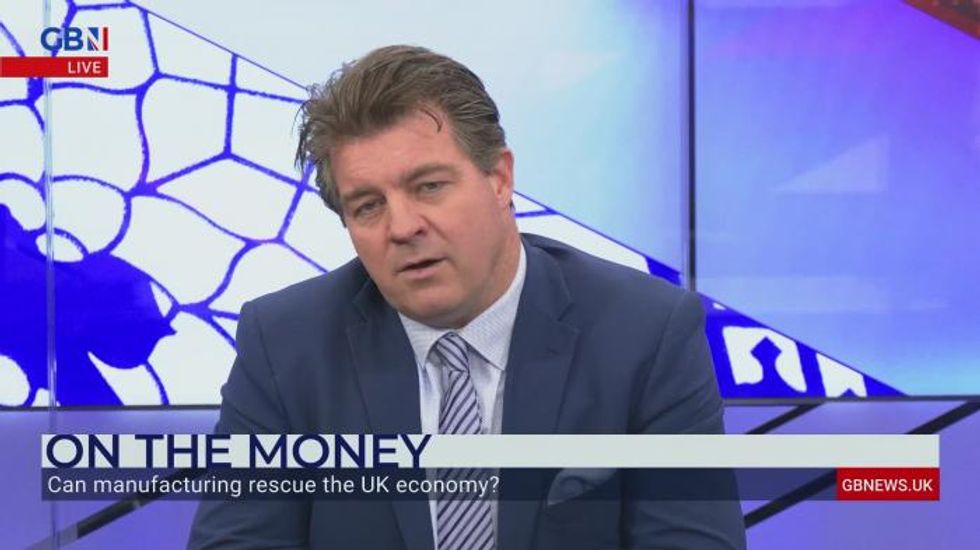Liam Halligan: Can British manufacturing rescue the UK economy?

By Liam Halligan
Published: 10/09/2021
- 15:14Updated: 14/02/2023
- 11:21'British manufacturing remains, in places, world class'
Don't Miss
Most Read
Yesterday, On the Money posed the question – 'will Boris’ tax rises kill the UK’s post-Covid economic recovery?'
Well, it turns out we were wrong – because the British economy has already stalled.
New figures this morning point to GDP growth of just 0.1 per cent in July. That was way below market expectations and sharply down from 1 per cent growth in June, even though July – remember - was when England’s remaining lockdown restrictions were almost entirely eased.Yes, July marked the UK’s sixth consecutive month of economic expansion – but with 0.1 per cent growth it was only just.
And we’re meant to be in the midst of a sharp V-shaped recovery, powering our way out of this pandemic.
The British economy, though, is still 2.1 per cent smaller, these new figures show, than its pre-pandemic peak. US GDP, in contrast, has now fully recovered, with America's economy now bigger than before the pandemic.
The same holds in Germany as well.
What seemed to happen in July is that the UK's "pingdemic" kept millions of workers at home – across manufacturing, the service sector and beyond.
On top of that, though, there's a more fundamental problem – with supply chain shortages and inflation now becoming engrained, as firms struggle with rising input costs – for steel, energy, labour or whatever else.
Those realities, it seems, are now seriously hitting our economic output. UK car production, for instance, in July hit its lowest level since the Suez crisis in 1956 – with factories stymied by a global shortage of microchips as well as staff absences.
Manufacturers are suffering from a shortage not just of inputs but skilled labour in particular – as business leaders so often point out.
Let’s remember that, despite current difficulties, the UK remains a leading manufacturer – the ninth biggest on earth, with the sector employing more than 3 million people in this country, generally in well-paid jobs.
British manufacturing remains, in places, world class - and that's why I posing the question I am today.
As the economy stalls, with GDP figures flat, can British manufacturing rescue the UK economy?











